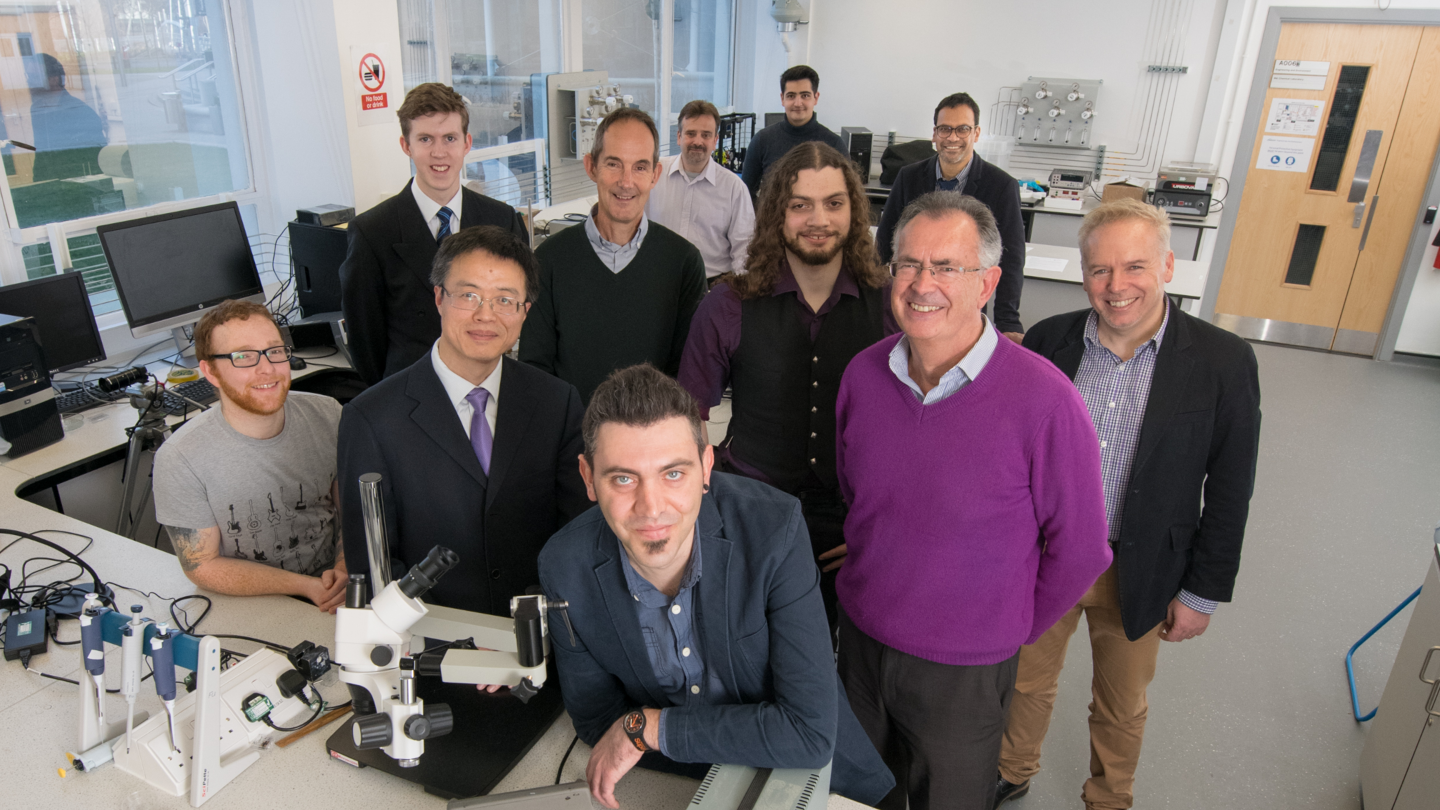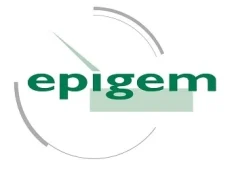Challenge
The aim of a Knowledge Transfer Partnership (KTP) set up two years ago between Epigem, a micro-engineering company based in Redcar, and Northumbria University was to create a medical device to test for a range of cattle diseases such as Bovine Tuberculosis and Johne’s disease (paratuberculosis).
The project involved academics from a variety of disciplines – experts in engineering, smart materials, control and electronics, physics and industrial design – working with Epigem to develop an effective and user-friendly product prototype.
That may have been the original aim but the KTP has – like many KTP projects – resulted in some additional and unforeseen beneficial outcomes. Here the result has seen Epigem take a whole new approach to product development through the incorporation of product design. Traditionally the company’s core business was the manufacture of specialist parts, then built into diagnostic devices made by other companies. Now, thanks to the KTP, Epigem will be able to reach new markets by designing and producing own-brand, consumer-ready products.
Speaking about the KTP’s success John Clayton – one of 31 expert Knowledge Transfer Advisers at KTN – who helped put together the partnership, said: “Projects that are awarded an Outstanding grade typically demonstrate an innovation-led approach to disrupt the market and embed a new process and culture in the business that facilitates further innovation. Bringing together Northumbria researchers from physics, engineering and design helped Epigem not only develop a new product for the global health market but also new techniques to develop their business.”
Epigem specialises in producing bespoke microengineering for microfluidics devices and flexible electronics, with customers all over the globe. Discussing the KTP, Managing Director Dr Tim Ryan explained: “We have always produced the technical components for other people’s instrumentation, but this means we rarely hear feedback from the end users about the products, or how it could be effectively improved. That is why a few years ago, we made the decision to start developing Epigem own-brand products for the first time, with a real focus on customer experience.
Outcome
“We knew working in partnership with a university would give us the academic expertise and innovation we needed. It was clear that Northumbria encouraged a multidisciplinary way of working, with academics from different faculties and departments able to work alongside each other and share their skills to create both the technology required for our device and the final product.
“The product we wanted to develop required expertise in micro-electronics, software engineering and smart materials, as well as industrial and product design, which was a completely new area for us. Northumbria University has academics working in all these fields and, more importantly, had the ability to bring them together to work on this project collaboratively.”
KTPs are three-way partnerships where a graduate (known as an Associate) leads a strategic project, working with and in a company and alongside an academic team. Companies benefit by being able to create new products, deliver service innovations, enter new markets or improve productivity. They can access academic expertise as well as research facilities and technology. Academics benefit too with the opportunity to further their research by applying it within an industrial setting. In addition, the academic team is exposed to a range of cutting-edge manufacturing processes and world class engineering facilities.
The Epigem KTP was led by Associate Dr Pep Canyelles Pericas, who was instrumental in bringing together the different academic experts required to meet the project’s objectives.

Impact
He said: “This was a really exciting project to be part of because it was holistic – not only were we designing the technology behind the product, we were actually looking at the product as a whole. We were constantly asking ourselves how the consumer might use this device and how we could reflect their requirements in our finished design”.
Northumbria’s expertise in smart materials was a key reason it was chosen as a KTP partner by Epigem. Professor Richard Fu, of Northumbria’s Department of Mathematics, Physics & Electrical Engineering, was the academic lead supervisor for the project. He has an international reputation for his research into smart thin film materials.
Speaking about the project, Professor Fu said: “Not only were we developing our research and designing the technology required, but also we were applying these technologies directly to a real product for the market. The technology itself is a platform, so it could in future be applied to detect other types of diseases, such as influenza, malaria and HIV.”
Incorporating design-led innovation into Epigem’s development process was a key aim of the KTP, and with an international reputation for innovation, Northumbria’s School of Design was ideally placed to provide the expertise required.
Industrial Design expert, Associate Professor Stuart English, whose research has resulted in the creation of new working methods, new products and new Intellectual Property for a wide variety of companies, led on the design element of the KTP.
He said: “In this project we took a design-led standpoint to explore how the science involved in the product was going to be used by real people in context and developed a business model that would make it a viable commercial proposition. We carried out a lot of research into the Intellectual Property landscape to understand the existing knowledge in this field and to identify our own contribution to the industry.”
As well as bringing together different academic staff, the project also involved a number of Northumbria University students on placement, providing them with valuable industry experience.
This is an adaptation of the original case study produced by Northumbria University here.







